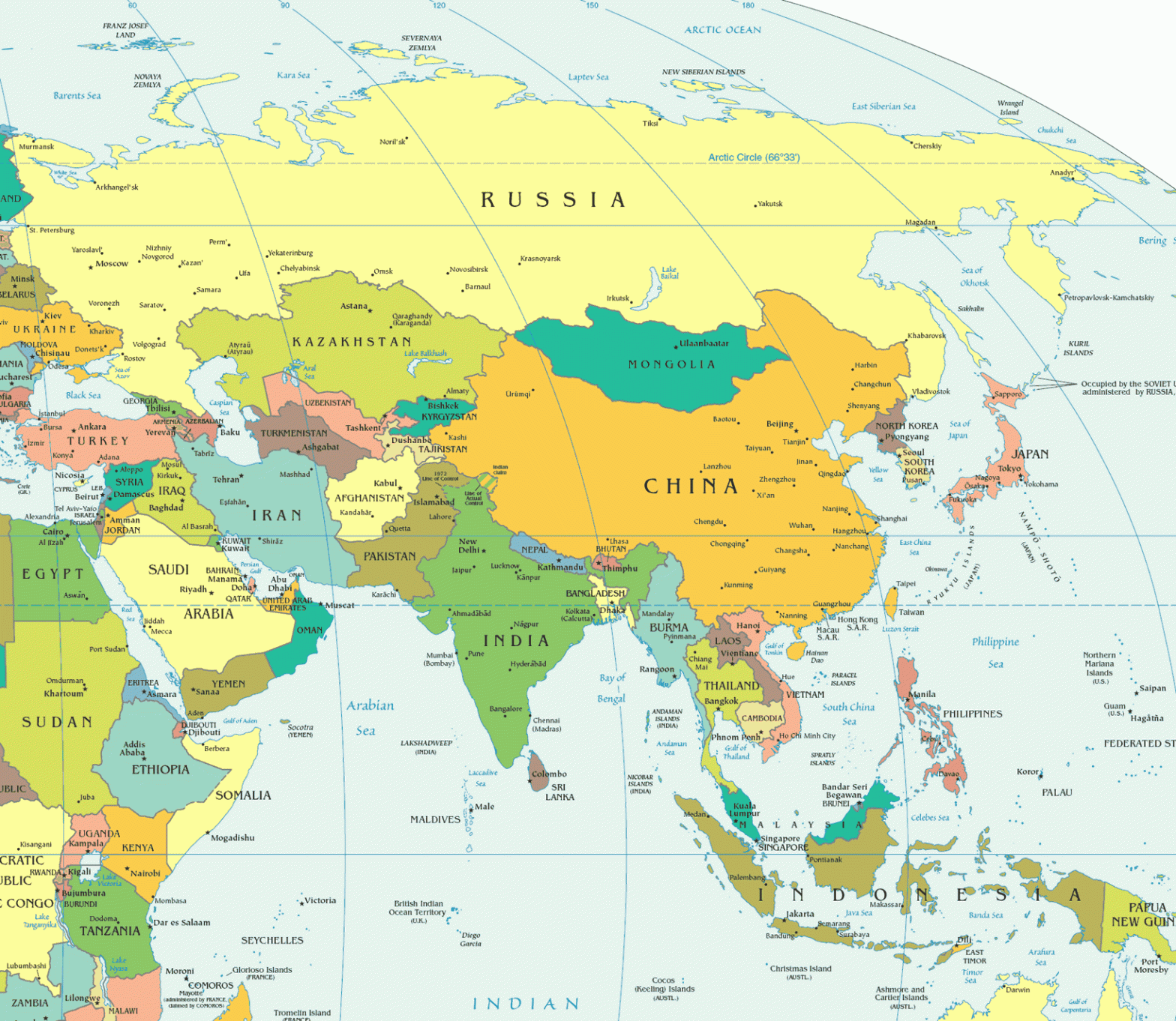Before I go into my headline topic on the middle east, I want to just take moment to say that I called the stock market crash and rebound after the Brexit vote last week. After nearly three days of down stocks, the market has returned almost all the losses. Once again I want to reiterate that the long-term economic and political results won’t be seen for at least 3 to 5 years. Now let me switch gears into a very controversial topic that relates to terrorism and the middle east. Today I want to discuss the absurdly of the US foreign policy toward Israel. I also want touch on tragic airport bombing in Istanbul, Turkey that was supposedly planned by ISIS. My main focus of this post is to make the point that Israel should be able to accept being an US ally without needing over 50 billion dollars for military aid.
First up, I want to mourn for the victims of the airport bombing in Istanbul, Turkey. It was a horrible and savage attack. The death toll has reach nearly 50 people with over 200 people injured. I think that its very necessary to use caution especially when traveling abroad. You never know when ISIS will strike. The US response was about as usual as it could be. There isn’t much choice but to strengthen the airport security. It’s very unfortunate for the Turkish people for whom terrorist attacks have been increasing in the past year. You can find part of the reason in the civil war in Syria which continues to raise havoc in the region. Turkey also has some domestic terrorist which are just as bad. Turkey actually relies on tourism for a good part of their economy. Hopefully the Turkish government can take the necessary steps to deter and stop more attacks. They can also thank Hillary Clinton’s foreign policy. Unfortunately President Obama and Hillary Clinton conceived a foreign policy that led to the creation of ISIS because of power void. This absence of power is thanks to George W. Bush, however, without a stable government in the area it was pretty much impossible to stop the formation of a terror group.
On the topic of stable governments in the middle east, there is at least one US ally that is not named Saudi Arabia or Jordan. That US ally is also one of the world’s nuclear powers. The small nation of Israel, location centrally in the middle east. A key ally in helping maintain a balance of power in the thick of US hatred. Recently, there was news about the agreements that happen each year between the US and Israel. This time around it seems that President Obama is standing up against Israel. The article highlights the main facts surrounding the Israeli-American defense agreement that sends 50 billion dollars a year of taxpayer to help fund the Israeli military. It also says that Obama wants to cut out his part of the agreement. The agreement also deals with civilian aid and economic aide. For once, I think President Obama is making the right move with Israel and here’s why.
First, no other country gets such special treatment like the Israeli’s do. Not the UK, not France, not anybody. Israel is the only country in the world that gets to spend its US aid on military weapons. Now granted, this policy was formed after World War 2 because of the holocaust and the need to protect the Jewish population. However, its has been a signficant amount of time since then, about 70 years. President Obama correct asserts that Israel should start paying for their own military. Second, it is not fair to the American taxpayers (that’s me and you) to have pay for defense that typically never benefits them. The reason why it never benefits US citizens is because just look at the middle east! It’s a fucking mess. I don’t think Israel has done much to help the situation.
The third problem is that America can no longer afford to keep shoveling 50 billion a year to Israel. We have enough debt as it is. We have a huge military and trust me its enough to defend Israel if its necessary. You might say “Oh but what about Iran, don’t they want to wipe Israel off the map?” Yes, that’s true. However, I think Israel will be fine since they have nuclear weapons and Iran just signed an agreement to not have them. The deterrence factor should come into play here. My problem with this is just about the money. I think the Israeli’s have always been a great ally and never tried to play us or trick us. However, many nations are America’s ally for benefits and many of them do it without 3 billion a year in military.
I am so proud of President Obama. His foreign policy has been characterized as soft and lacking. I think this is a bold move that Israel definitely won’t like but what are they going to do? Obama is so right to play hardball. Obama should absolutely stick up for American taxpayers. I honestly just don’t give shit about how good of ally and let me explain it in simpler terms. For example, let’s say you have two different friends. Both friends you’ve known for 15 years. Both friends provide you the same support and kinship that you love about them. The difference is that one friend only hits you up when they need money. The other friend is always down to pay for their own shit. Israel is like the friend that only hits you up for money. It’s not a very good way to be a friend. If you are only in it for the money!
I don’t want to sound anti-Semitic or anything, but I really think it’s an unnecessary amount of money. America is going through its own economic crisis. This crisis has been brought on in part by the spending of the military industrial complex. Trust me, 16 trillion dollars of our national debt is not just from bailouts and social programs. 16 trillion dollars is the estimation by a great scholar by the name of Paul A.C Koistnen. He is a tremendous scholar whom I gotten advice from. He is an expert on the military industrial complex with about 10 books in publication. I recommend that you read up on him. His estimate of 16 trillion dollars is the amount that the military industrial complex has cost the US since the end of World War 2. That is nearly 76 percent of the national debt. So I just want to end by congratulating President Obama on his good move and I hope that he continues to push to get rid of the 3 billion subsidization.
Thank you for reading!





